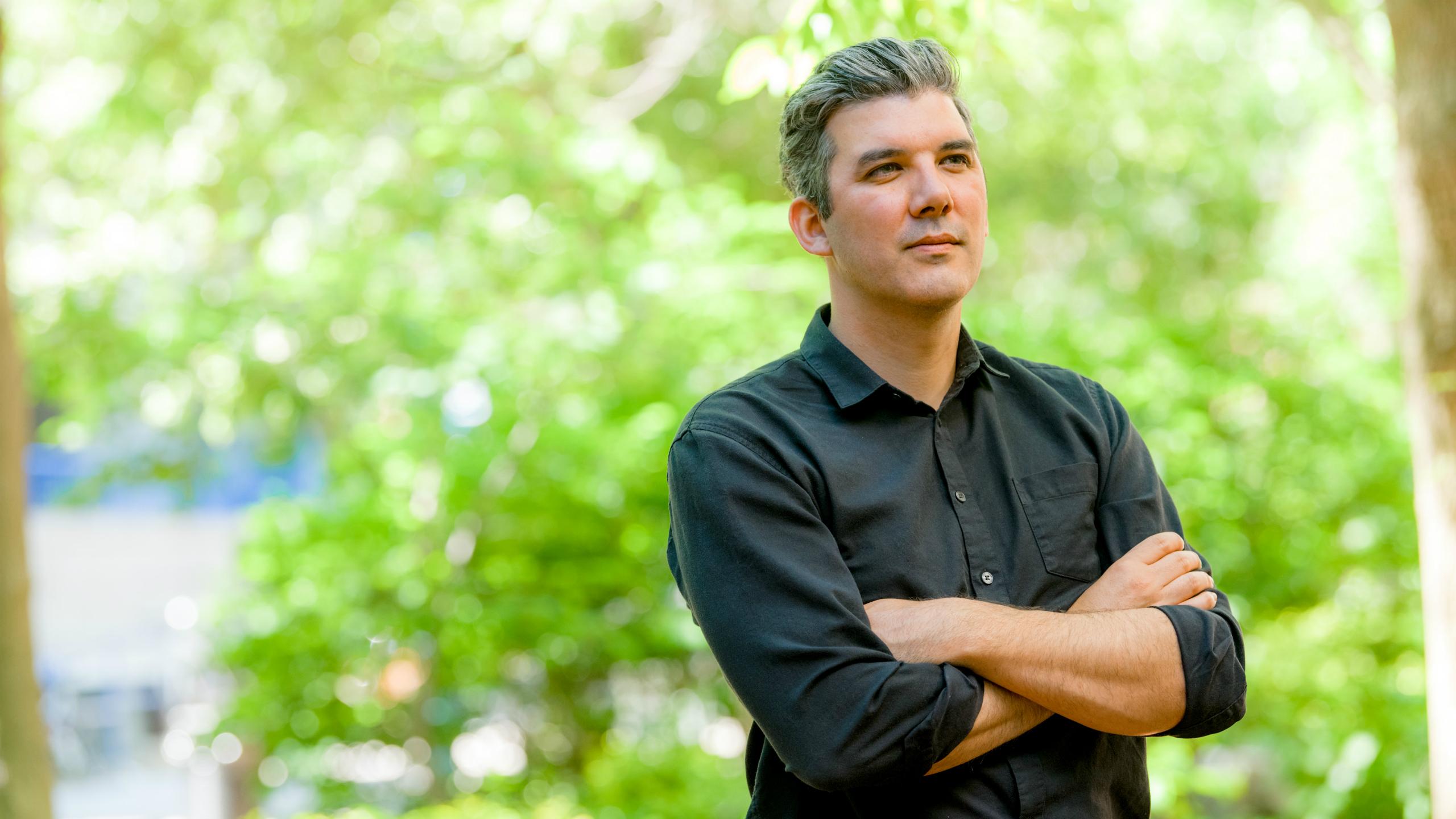By Kiernan Green
The Yellowhead Institute is a First Nation-led research centre that offers critical and accessible resources for First Nations communities as they investigate government policy.
Following their first report, the Yellowhead Institute has presented their research across the country, to groups such as the Union of British Columbia Indian Chiefs.
They’ve published over 10 Indigenous policy briefs by various Indigenous scholars and established a board of advisors and research fellows.
The Institute also created an award for Indigenous advocacy in memory of Secwepemc leader and activist Art Manuel.
Hayden King, Yellowhead’s Executive Director and Anishinaabe First Nations, said the work he and his fellows have done so far has taken them to the limit of what they’re currently capable.
Yellowhead is planning to launch a student circle series in the fall for all students to discuss Indigenous issues on policy and education. They are also planning a governance workshop in the summer geared toward Indigenous students.
They’re also preparing for their official launch event in October. Their next Red Paper report, a major research piece on Indigenous land and water restitution, is set to be released in the spring.
Yellowhead’s larger research projects are called Red Papers, as a play on words to the Canadian Government’s White Paper of 1969, which infamously suggested the elimination of Canada’s Indian Act.
Despite their incredible growth and activity, Yellowhead doesn’t have a permanent space on Ryerson campus.
“I appreciate that space is very hard to come. Most research centres do not have space on campus,” said King. “But right now, I think it makes it a little bit difficult because we’re all spread apart throughout the university.”
“Right now, we are quite transient in where and how we meet,” said Damien Lee, Anishinaabeg First Nation, and Yellowhead associate fellow. “But having space where someone could knock on the door and come sit and talk to us about Indigenous issues – that kind of accessibility is going to be really important in the long term.”
King said the Faculty of Arts, where the Institute is based, is currently lobbying Ryerson for a permanent space.
Beyond a space on campus, the Institute hopes to see the growth of Indigenous students, courses, and faculty at Ryerson in the coming months.
“We need to work toward recruiting [Indigenous] students, because, without Indigenous students, Yellowhead won’t be sustainable for the long term,” said King. “Indigenous students report all the time how they’re made to feel unwelcome in classes [and] how Indigenous people, institutions, or knowledge are belittled or excused.”
According to the 2015-2016 Diversity Self-ID report, Ryerson has about five full-time Indigenous faculty members. The university is working to increase those numbers in response to requests from Ryerson’s Truth and Reconciliation Commission, which Yellowhead is involved with.
Lee said he sees the Yellowhead Institute as a symbol for Indigenous peoples to claim their independence through independent and accessible reports on government policy. This is why the institute is critical of the Indigenous Rights Framework (IRF) by Trudeau’s government. The IRF is a set of laws that focusses on accelerating the progress on Indigenous self-determination, which is planned to be passed this December.
The IRF will set out the criteria for what counts as a self-governing First Nations, said King. “Good things, unless you’re going about them in bad ways.”
He said his concerns for Trudeau’s framework involve a lack of genuine consideration of Indigenous perspectives and an ultimate reinforcement of the status-quo.
If implemented, the federal government would “radically diminish Indigenous peoples’ ability to exercise jurisdiction over their broader treaty territories and entitled treaty territories,” said Dr. Shiri Pasternak, the Yellowhead’s research director.
King, Lee, and Pasternak all said that the IRF is currently the greatest threat facing Indigenous self-determination —despite such respect being promised to First Nations by Trudeau’s government since his campaign trail.
“If you have to ask to be self-determined, were you ever self-determined in the first place?” asked Lee. This is one of the driving forces behind the work at the Yellowhead Institute.
“We want to be useful to communities, and that’s the benchmark of our success,” said King. “If we’re not useful to First Nation communities then we’re not doing good work.”













Leave a Reply